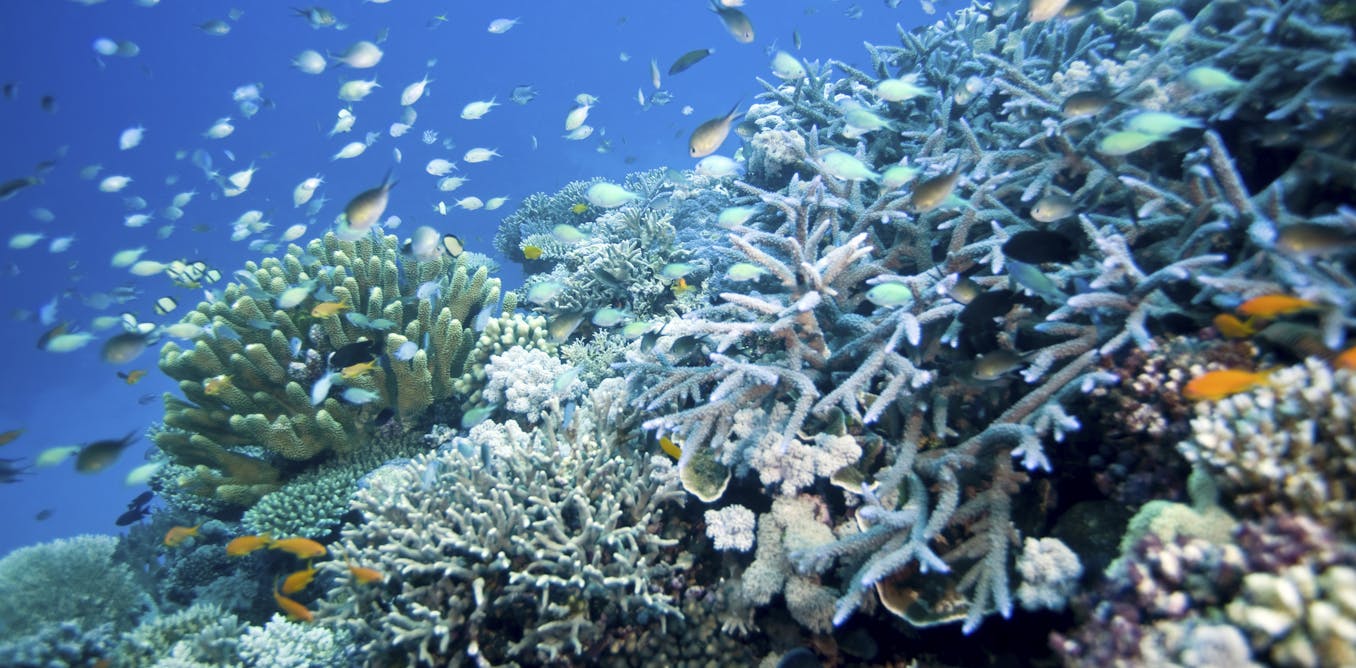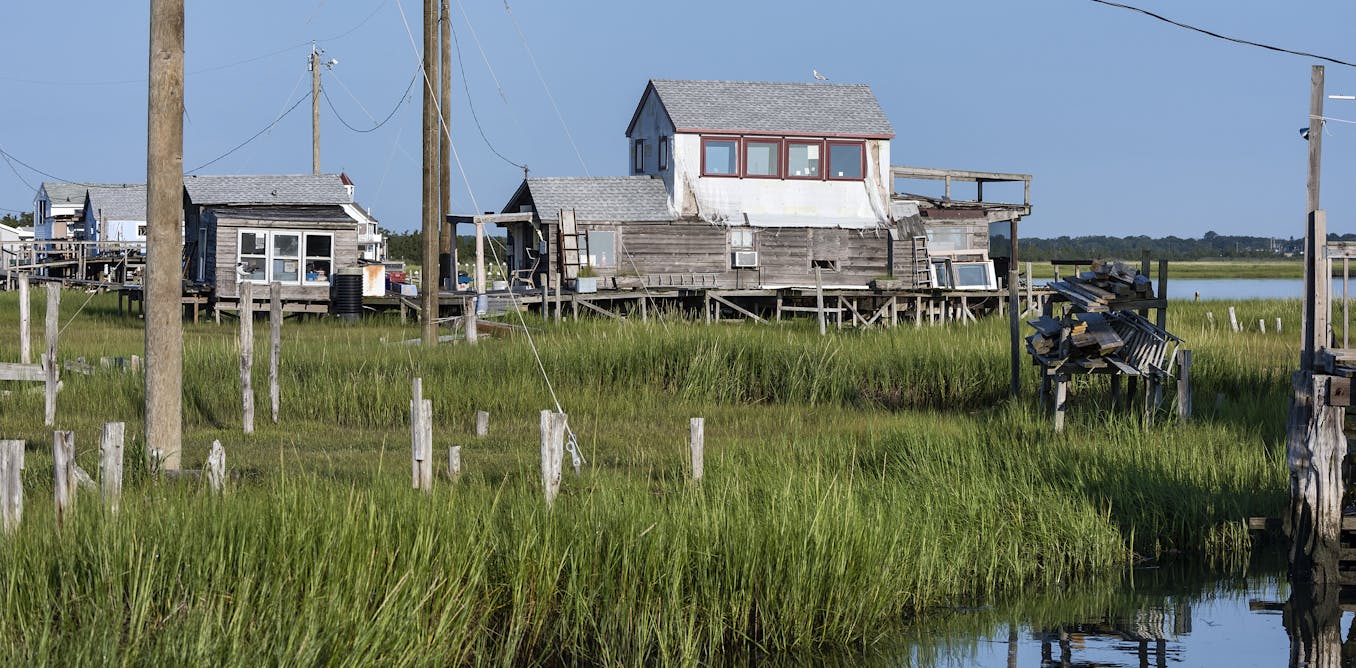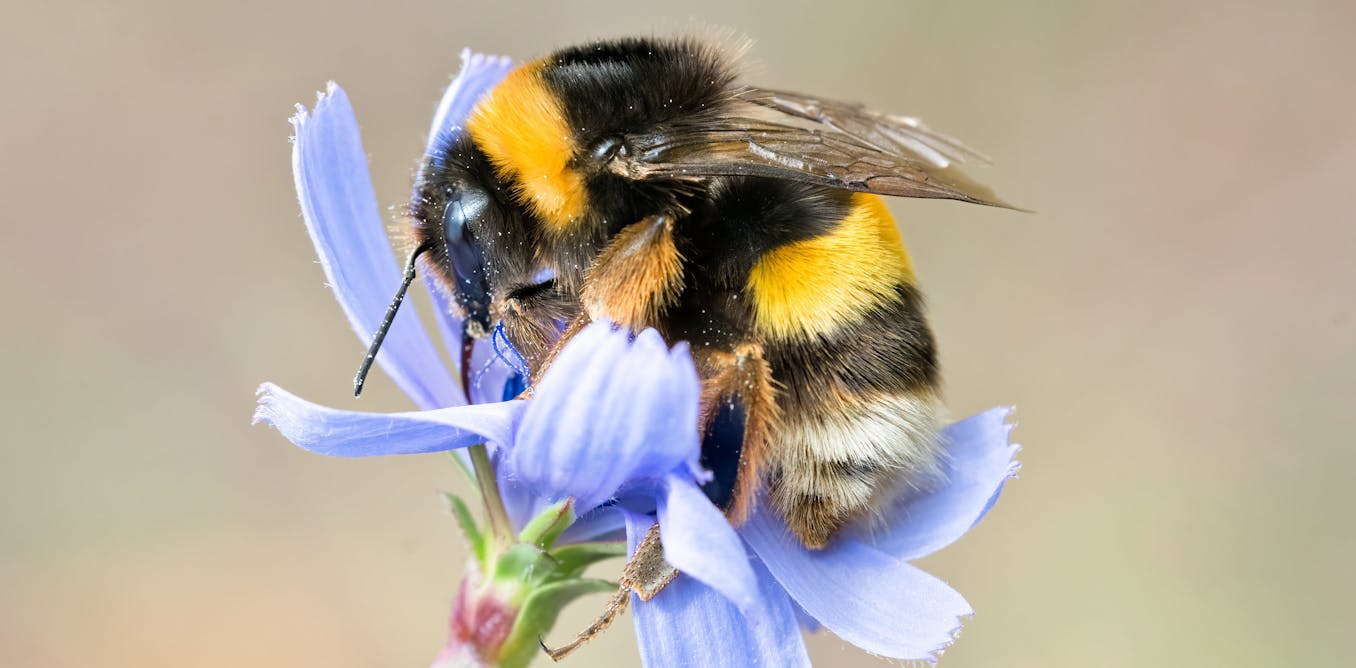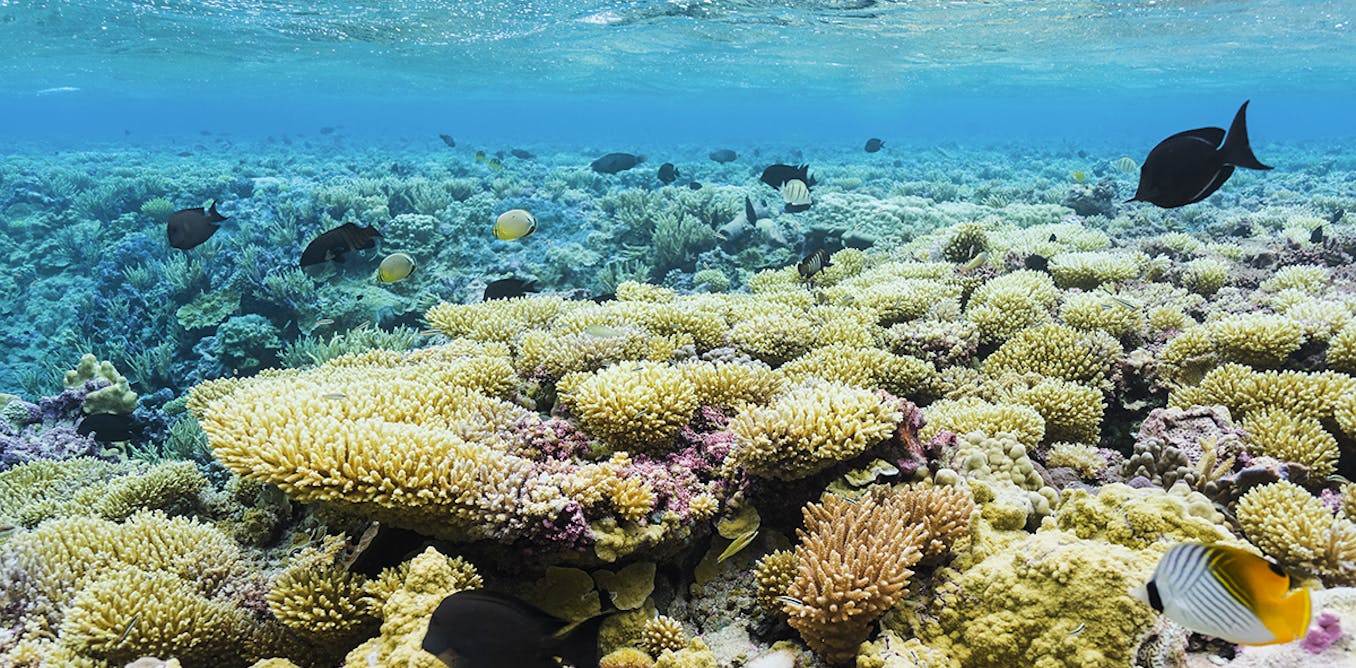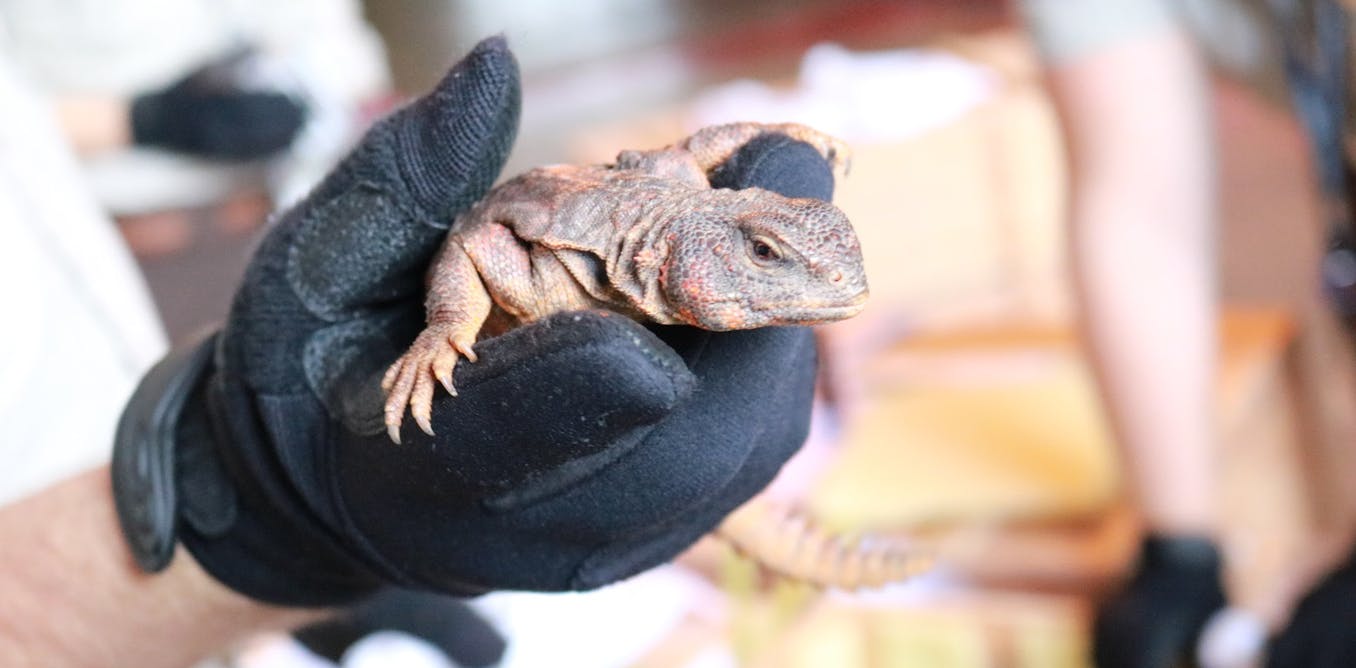Coral reefs face an uncertain recovery from the 4th global mass bleaching event – can climate refuges help?
As baby corals float in the currents, they can expand their species’ range. But can they get to climate refuges fast enough to survive? A new study has good news and bad.
June 6, 2025 • ~8 min

